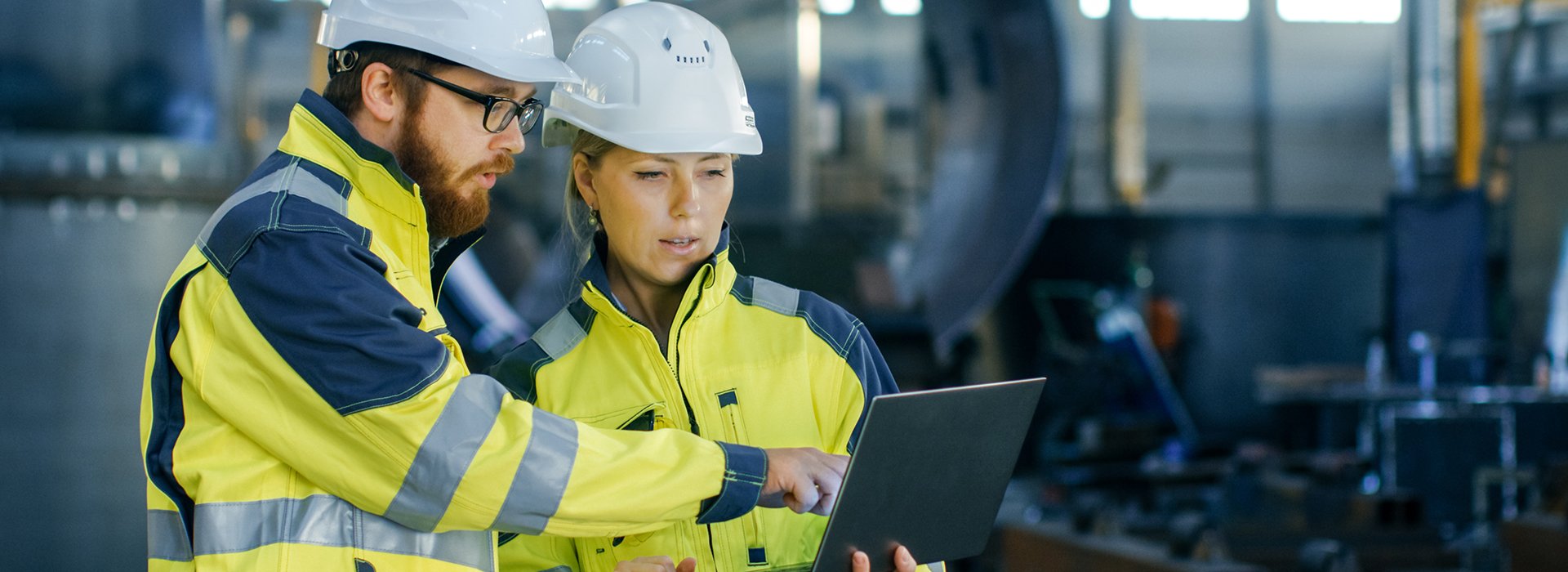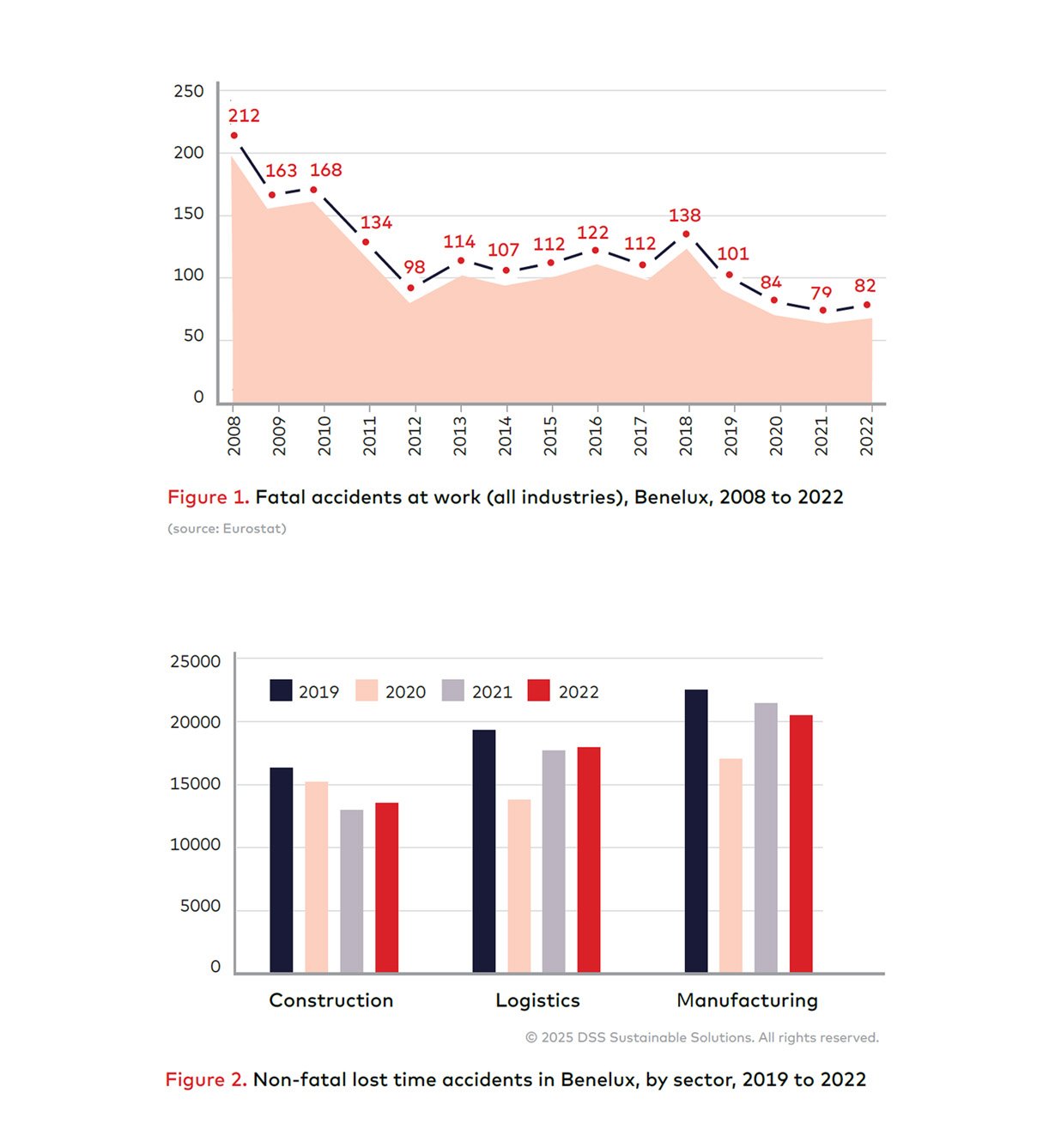How a better company culture can save lives
Organisations that can create the right safety culture can not only reduce risk but benefit from gains in operational efficiency and sustainability.

Over the past two decades, we have seen significant improvements in workplace safety, particularly in the number of fatal accidents. In the Benelux region, for example, the latter has decreased by around 60 per cent.
However, there are also signs that progress is stalling. In recent years figures have stagnated, with 82 people in the same region losing their lives in workplace accidents in 2022. Progress in tackling non-fatal lost time accidents - those involving an absence of more than three calendar days from work – has also ground to a halt, and in some sectors incidents are rising. Although the number of non-fatal lost time accidents has fallen by 43 per cent since 2008, there were still 152,000 such events recorded in Benelux in 2022. With regards to other regions in Europe, a similar evolution can be seen.

Edwin Vercruysse, director at operations management consultancy dss+, attributes much of this recent progress to advances in safety technologies and process automation. But now that the low-hanging fruit has been picked, he believes more needs to be done to create a sustainable culture of safety.
"Technology has had a positive impact on safety, and we have seen improvements through the automation of processes and optimisation of the standardisation of processes,” he says. “But the human factor is still a big root cause for current safety performance. Unsafe behaviour is still considered very normal in many sectors, especially in manufacturing, construction and transport."
Aside from the human impact, workplace accidents can be devastating for organisations. Each incident costs businesses an average of £30,000 through direct costs (such as lost productivity, compensation and fines), and indirect costs can be as much as three to five times higher than direct costs. The longer-term damage is harder to put a value on, but a damaged reputation can impact employee trust, a company’s image, share price and, in some cases, even the future of the business.
Changing the workplace culture
The challenge for organisations now is to tackle the wider workplace culture. According to Vercruysse, a major issue is organisations not being able to address unsafe behaviour. "We see many leaders either lack awareness of what risk looks like or don’t know how to talk to people about it," he says. "Improving the leadership capabilities is therefore something that we focus on a lot in our safety improvement initiatives."
How a business approaches safety is a measure of its overall culture, says Vercruysse – and those that can create a strong safety culture are more likely to have better operational performance and be able to tackle some of the other challenges businesses are facing, such as meeting operational performance and sustainability goals. As a result, safety is increasingly used by investors to understand the broader nature of organisations in which they may want to invest.
"Safety therefore needs to be embedded in a company’s way of working," Vercruysse explains. "It does not make sense to approach safety differently than operational excellence or sustainability.
"In the end, the same people are involved: the same manager, the same supervisor, the same team member that needs to make sure that his or her work is done safely, efficiently and sustainably. It’s not a case of one or the other. It’s all happening at the same time. As such, many organisations will struggle with this if it is not part of their DNA."
dss+ experience shows that safety engrained into the culture of an organisation creates trust and will allow employees to raise any issues with their colleagues, managers or subordinates, without fear of any consequences, he adds. "There needs to be a culture that treats an accident as a learning opportunity rather than simply a source of blame," says Vercruysse.
Author

